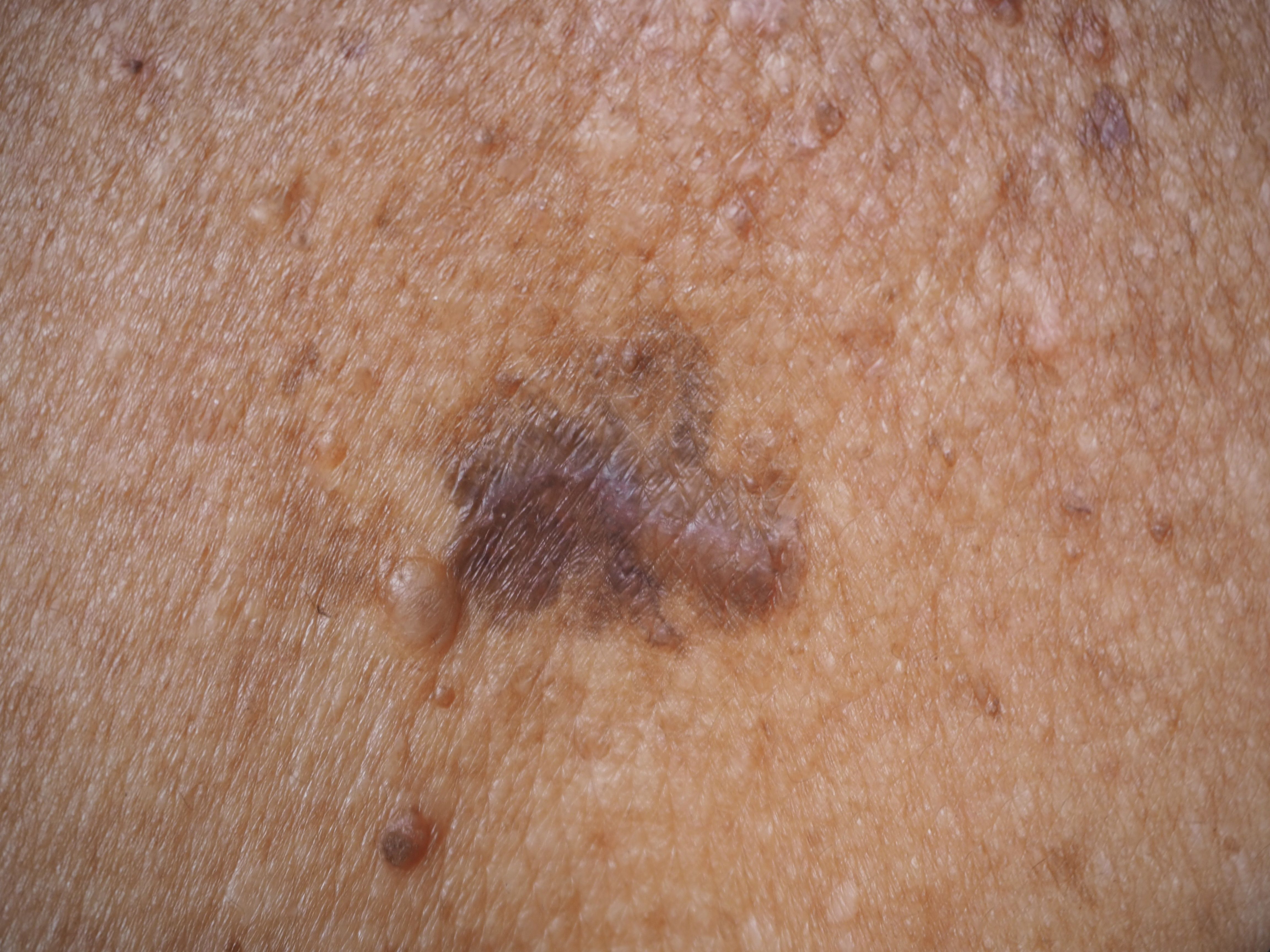- Case-Based Roundtable
- General Dermatology
- Eczema
- Chronic Hand Eczema
- Alopecia
- Aesthetics
- Vitiligo
- COVID-19
- Actinic Keratosis
- Precision Medicine and Biologics
- Rare Disease
- Wound Care
- Rosacea
- Psoriasis
- Psoriatic Arthritis
- Atopic Dermatitis
- Melasma
- NP and PA
- Skin Cancer
- Hidradenitis Suppurativa
- Drug Watch
- Pigmentary Disorders
- Acne
- Pediatric Dermatology
- Practice Management
- Prurigo Nodularis
- Buy-and-Bill
Article
Prior Immunotherapy May Impact Melanoma Treatment Response
Author(s):
Researchers said responses may depend on prior immunotherapy.
Prior immunotherapy treatments in patients with advanced melanoma can lead to influenced responses in PD-1 blockade immunotherapy.
jaojormami/AdobeStock

In a recent study,1 researchers from the University of California, Los Angeles (UCLA) Jonsson Comprehensive Cancer Center aggregated data from 7 clinical cohorts of patients with advanced melanoma. These patients (n=514) had all received immune checkpoint inhibitor (ICI) therapy. Following melanoma tumor biopsies, they had all either undergone exome sequencing (WES), RNA-sequencing, or matched WES and RNA-sequencing. However, through the process of exclusion, the study later involved a total of 427 patients.
Researchers also collected demographic information from the cohorts, including age, melanoma subtype, original study cohort, point in time therapy was received, prior CLTA-4 blockade therapy status, RECIST 1.1 response to therapy, sex, and treatment regimen.
Past treatment regimens included anti-CTLA-4 monotherapy, anti-PD-1 monotherapy, or combination or sequential therapies involving both therapies. Participants had either had tumor biopsies with WES (n=284) or RNA-sequencing (n=442). Of these, 188 patients had tumor biopsies involving matched WES and RNA-sequencing.
As a result of the study and cohort data analysis, researchers made note of several findings, including:
- Tumor mutational burden (TMB) was associated with anti-PD-1 benefits in patients with a history of anti-CTLA-4 treatment. In fact, TMB was significantly higher in cutaneous melanoma biopsies than in other origins, including mucosal, acral, or uveal. TMB was also significantly higher in biopsies of patients with a history of anti-CTLA-4 treatment responses.
- Prior CTLA-4 blockade use, with and without a response to anti-PD-1, differentially stratified the melanoma tumor expression landscape.
- Inflammatory gene expression strength in anti-PD-1 was associated with prior anti-CTLA-4 blockade use.
- Globally, increased adaptive immune infiltration signatures were associated with anti-CTLA-4 use.
"We undertook this project to establish a resource for other researchers, with the goal of identifying statistically significant correlates of melanoma responses to anti-PD-1 therapy,” said Katie Campbell, PhD and lead study author, in a press release.2
Campbell noted that the greatest differences became evident when researchers accounted for patients’ history of prior treatment with an anti-CTLA-4 blockade.
“The context in which a biopsy is collected needs to be considered to better define how biomarkers should be implemented in the clinical setting,” Campbell said.
References
- Campbell KM, Amouzgar M, Pfeiffer SM, et al. Prior anti-CTLA-4 therapy impacts molecular characteristics associated with anti-PD-1 response in advanced melanoma. Cancer Cell. 2023;41(4). doi:10.1016/j.ccell.2023.03.010
- University of California, Los Angeles (UCLA), Health Sciences. Prior treatments influence immunotherapy response in advanced melanoma. Newswise. https://www.newswise.com/articles/prior-treatments-influence-immunotherapy-response-in-advanced-melanoma. Published April 10, 2023. Accessed April 17, 2023.
Newsletter
Like what you’re reading? Subscribe to Dermatology Times for weekly updates on therapies, innovations, and real-world practice tips.





